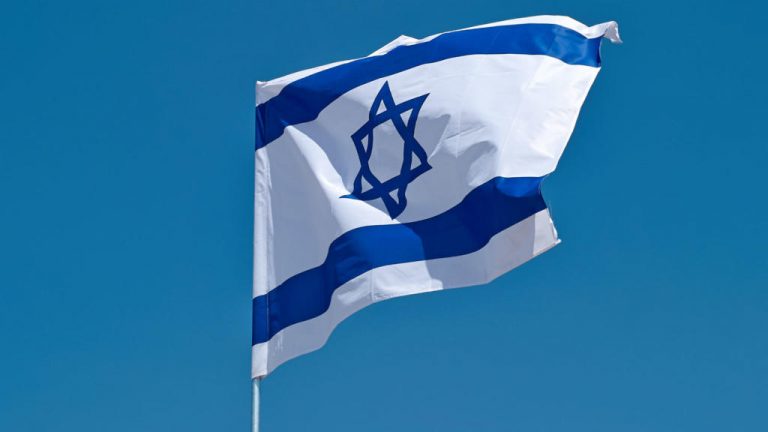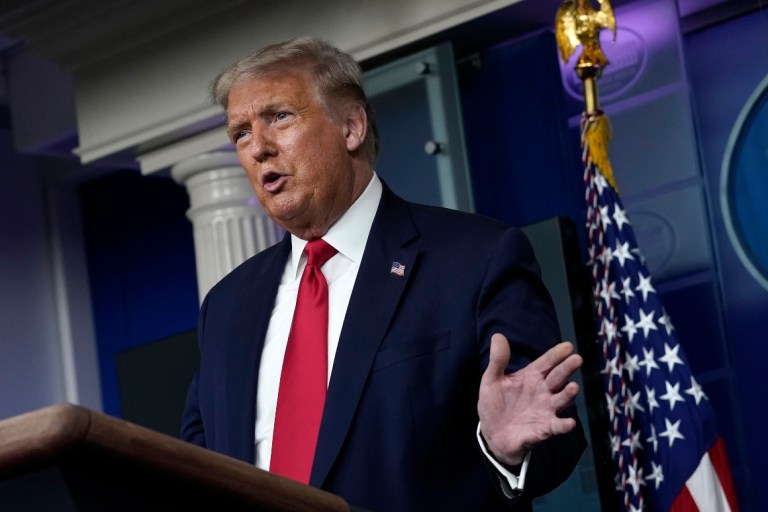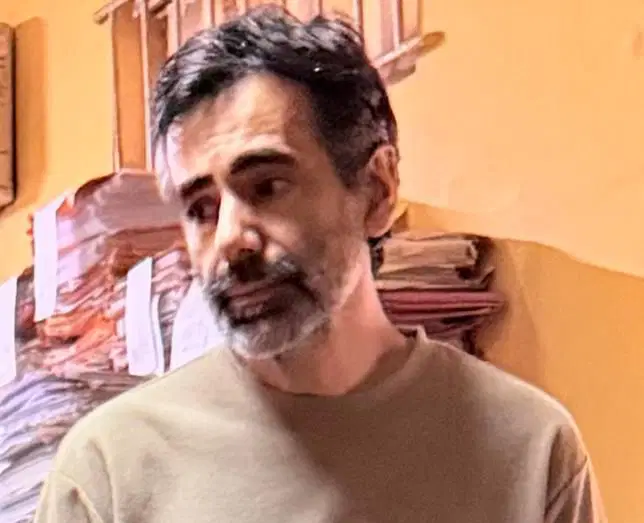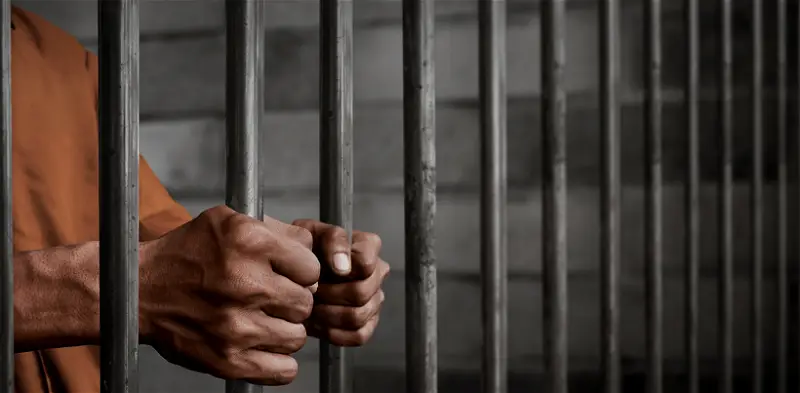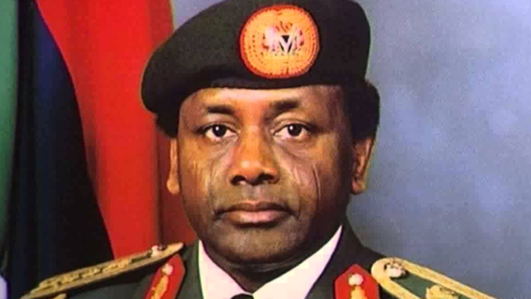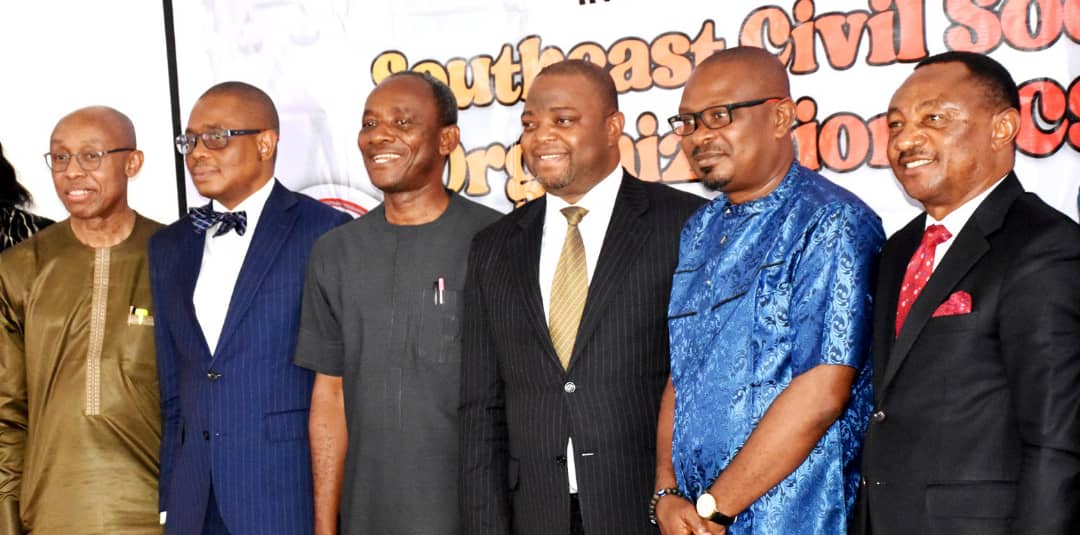
Civil society organizations (CSOs) and the Nigerian Bar Association (NBA) have called for urgent reforms to strengthen border security, curb arms proliferation, and address systemic governance failures in Nigeria’s Southeast, following a just concluded summit on peace and human rights in Enugu.
The two-day Southeast Stakeholders Summit on Peace and Security convened government representatives, security experts, legal professionals, and activists to address escalating violence and rights abuses in the region. Participants identified a toxic mix of factors driving the crisis, including rampant cultism, illegal resource exploitation, unchecked arms trafficking, and the federal government’s reliance on “ineffective” military operations that have “exacerbated tensions.”
A central recommendation from the summit’s communiqué, signed by NBA Vice President Sebastine Anyia and Rule of Law and Accountability Advocacy Centre (RULAAC) Executive Director Okechukwu Nwanguma, urged stricter border controls and intelligence-sharing to stem the flow of illegal weapons. “The proliferation of guns and drugs has turned the Southeast into a tinderbox,” the document stated, advocating for regional coordination mirroring security initiatives in Nigeria’s Southwest.
The groups also doubled down on demands for the release of detained Indigenous People of Biafra (IPOB) leader Nnamdi Kanu, whose continued imprisonment despite court orders was described as a “breach of the rule of law” undermining peace efforts. “This is a political issue requiring a political solution,” the communiqué emphasized, urging dialogue to de-escalate separatist tensions.
Summit participants sharply criticized Southeast governors for inadequate leadership and poor coordination, calling for a strengthened Governors’ Forum to oversee regional security strategies. State-backed vigilante groups, such as Anambra’s Agunechemba outfit, were flagged for human rights violations, with demands for stricter oversight.
Current federal security approaches, particularly the sole resort to “kinetic military operations” in almost all circumstances, were deemed counterproductive, fueling distrust and violence.
Instead, the summit proposed community policing reforms, better welfare for security personnel to “check corruption,” and accountability for extrajudicial killings and clandestine detentions.
The summit highlighted the lingering trauma of the 1967–1970 Nigeria-Biafra War, urging the immortalization of victims through memorials and curriculum reforms to teach the region’s history.
Economic losses due to insecurity – including disrupted businesses, education, and farming – were noted as worsening poverty and frustration.
Key resolutions included establishing a Human Rights Bureau to document abuses, a legal framework to streamline rights litigation, and civic campaigns to engage communities in security efforts. The newly formed SouthEast Development Commission was tasked with spearheading long-term development plans in the region.
“The Southeast’s crises are interconnected,” said Nwanguma. “Without addressing arms flows, governance failures, and historical wounds, stability will remain elusive.”
The summit concluded with a pledge to sustain pressure on federal and state authorities to prioritize human rights and adopt holistic security strategies.

